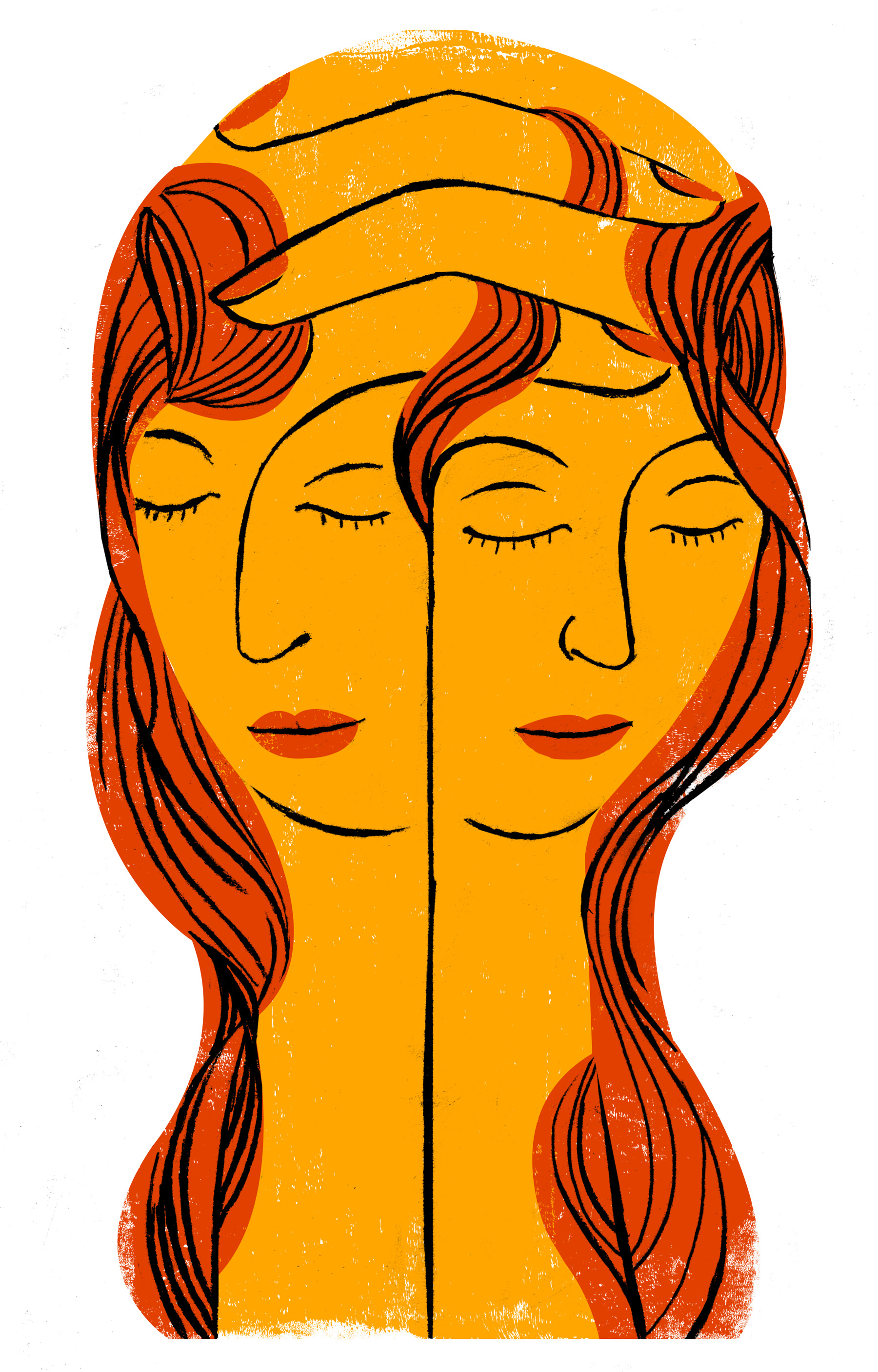
My eldest daughter was christened in an elegant Swedish church just off Fifth Avenue in New York City, not too far from Trump Tower. The minister was a striking woman with white-blond hair and green satin robes. She and the ceremony were both lovely and somewhat restrained. And, just like at my wedding, I had no idea what was going on because almost everything was said in Swedish. Not that it mattered.
I’m so religiously ignorant, I didn’t know the meaning of most of those christening traditions. To me, it felt like we were expressing some core human instinct to bind our child to the community. We were making a commitment to her: you’re one of us, we’re responsible for you. Every civilization has some form of this communion, I’m sure. And I think this ancient ritual still serves a practical purpose. As someone once said, it takes a village to raise a child, and most of my village was in the church that day.
Of course, these family ceremonies are almost always layered with complicated dynamics as well as goodwill, accumulated over the generations. Relatives who aren’t on speaking terms, old jealousies, nascent arguments. But usually we show up. We put on our good clothes and turn out for each other. It’s the power of ritual.
A few years later, I would take that daughter and her little sister back to midtown Manhattan for a different ritual: the big, loud street demonstration. She was just old enough to hold a sign and mimic the chants but too young to know why she was there. (It was to protest the invasion of Iraq.) She likely thought it was a street fair, minus the corn dogs. Meanwhile, we adults were comforted by the size of the crowd and the solidarity.
Soon enough the children got cold and tired. One said she wanted to give her sign to the family behind us. We ran out of snacks; there were no public bathrooms, because it was New York. And as we were somewhat fickle and tenderfooted demonstrators, there was other grumbling. Some of us asked what the point of marching was anyway. How often do protests change laws or stop wars? Is a march just symbolic reassurance, a secular christening?
The truth is, most of us aren’t sure if what we’re fighting for will ever come to pass. But there are those who back the underdoggiest of causes or candidates long before the mainstream lines up, or even when it’s clear that the mainstream never will line up. Sometimes it takes decades for anything to change. The motivators need bolstering, and the triumphs are precarious. And so the faith of the faithful is our best resource.
When I was in college, there was a tiny campus protest to demand that our university divest from companies that did business with apartheid South Africa. We camped out in tents on the wet spring ground for weeks, some of us a few feet from the doors to our dorm, which felt ridiculous. But then Pete Seeger, that Zelig of protesters, arrived with his guitar, and we sang about sleeping lions and people who overcame. More showed up, and there was tension between the newcomers and those who had been there for weeks. Kind of like a family. Eventually, there was a tipping point on the issue, and the university administration changed its mind. I have no idea whether we soggy college kids made any difference, but it felt like it at the time. And that was everything.
I’ve been thinking about tipping points lately as the U.S. enters a season of tradition and ceremony meant to signal a peaceful transition of power that feels like anything but. The pomp and circumstance parallel the dissent. Both may be largely symbolic, but the divisions and the fear are so real for so many that the usual rituals of unity haven’t been enough.
I worry that it will be a while before our polarized citizenry is able to put on our good clothes and show up for each other. Yet I’d never tell my daughters to put aside their convictions and stand down. I hope that even if they don’t remember why they were trudging through Manhattan on that freezing February day years ago, they do remember the collective emotion, the feeling of standing together, of purpose, of speaking up even when the outcome is uncertain. Call it a family tradition. Call it an American tradition.
More Must-Reads from TIME
- Cybersecurity Experts Are Sounding the Alarm on DOGE
- Meet the 2025 Women of the Year
- The Harsh Truth About Disability Inclusion
- Why Do More Young Adults Have Cancer?
- Colman Domingo Leads With Radical Love
- How to Get Better at Doing Things Alone
- Michelle Zauner Stares Down the Darkness
Contact us at letters@time.com